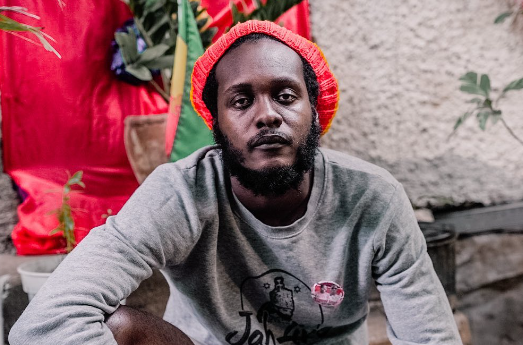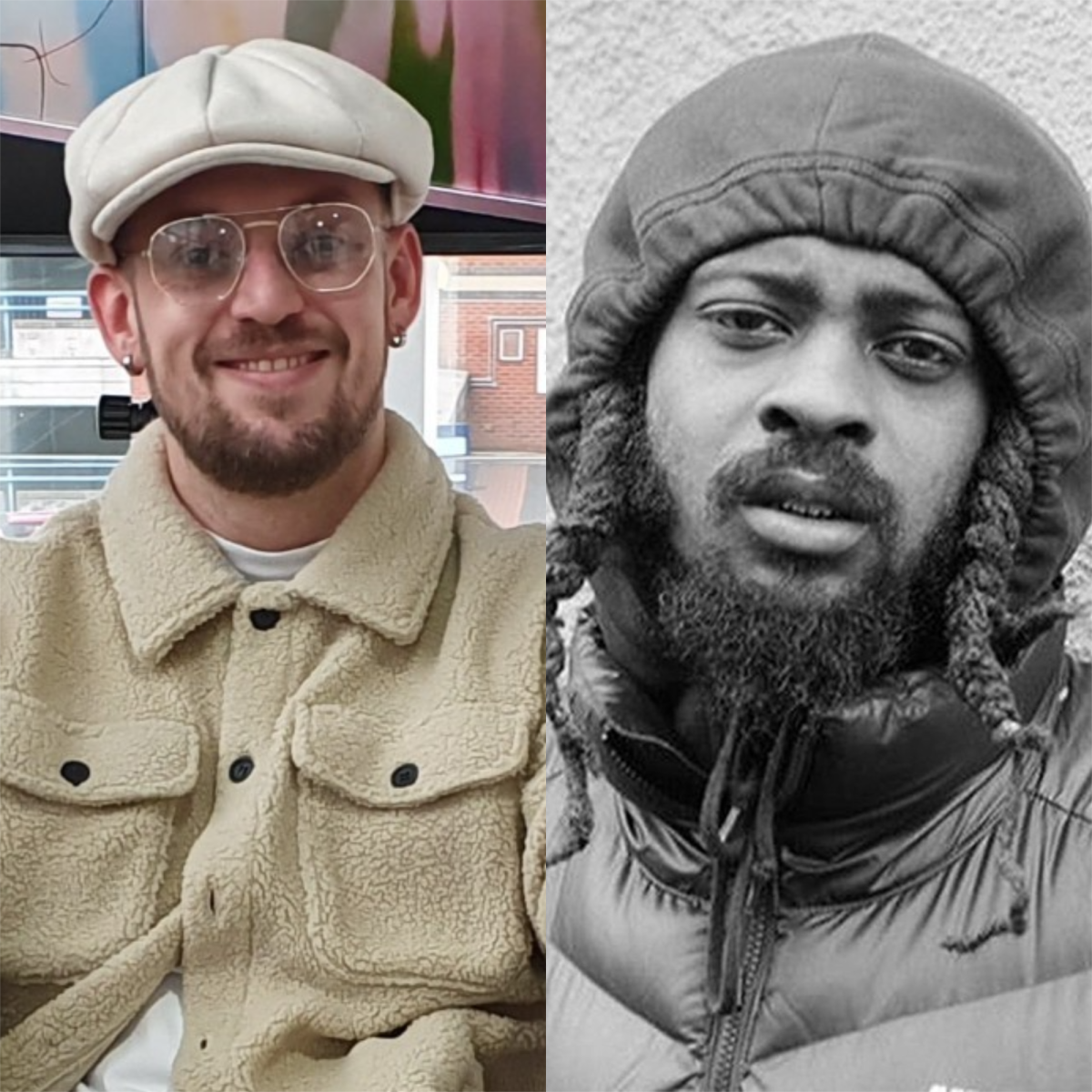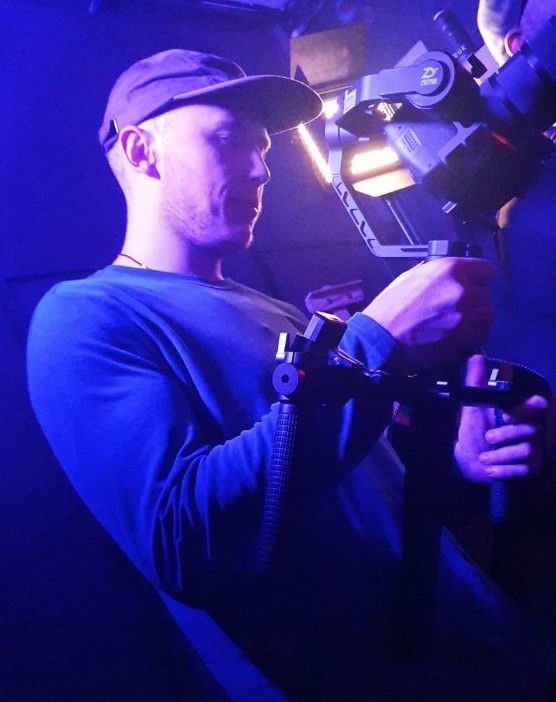Premiere: ‘Strictly Prohibited’ Documentary Explores Latest Broadcasting Commission Ban
Six months after the Broadcasting Commission of Jamaica (BCJ) announced a ban on songs that promote and/or glorify illegal activities, British filmmakers Freddie Stewart and Gene Kavanagh are adding context to the prohibition through their documentary Strictly Prohibited.
Curated and narrated by Joshua ‘Rtkal’ Holness, the production explores the implications of the ban from the perspectives of popular DJ Kurt Riley, six artists including Samory I, Yaadcore, Ai Milly, Chendin, and other creatives.

The BCJ’s crackdown comes after a five to seven year run of songs hailing scamming, made possible through the growing culture emanating from the business process outsourcing sector in St. James. The documentary tackles the notion of music reflecting society, questions the relevance of traditional broadcast media in the breaking of artists, and the double standard when it comes to airing other genres which bear similar messages.
Produced by award-winning music and arts agency PUNCH in partnership with MBC and Drop Top Records, the film premiered at the Ritzy cinema in London in March, and now makes its global premiere on DancehallMag.
Gene and Rtkal share more about the making of Strictly Prohibited in the Q&A below.

What is your connection to Jamaica?
Rtkal: As a second-generation Jamaican, I spent quite a lot of time in Spanish Town, St Catherine, as I was growing up. Over the last 10 years, I have been fortunate enough to have been part of a variety of projects within the music industry that have allowed me to spend more time in Jamaica, enriching my ties to the island and its culture.
What inspired you to explore this topic?
Gene: We planned a trip to Jamaica for the end of October to shoot several music videos with UK-based and Jamaican artists. We decided it would be a great opportunity to document a current cultural topic surrounding Jamaican music. Shortly before we left the UK, the Broadcasting Commission decided to ban any music containing themes of criminal activity, so, the decision of what our topic was to focus on was essentially decided for us.
How did you determine who to feature in this documentary?
Rtkal: What makes this documentary special is that it was driven by people who were passionate to talk on the subject but also represented multiple generations and various positions on the spectrum within dancehall music. We didn’t want to only speak to artists that had been directly affected; we felt it was imperative to get the opinions of other professionals within the scene.
How was it received at the London premiere?
Rtkal: The room was sold out and full of household names including Seani B (BBC 1Xtra), Rodney P (Hip-Hop Legend), Ras Kwame (BBC 1Xtra) and America Foster (influencer). The short documentary received a round of applause and inspired a thought-provoking debate which spilt over into the foyer. It was really important to get the opinions on the direction of the conversations presented in the film, and also to hear people’s thoughts regarding the issues discussed.
What are you hoping to achieve with the film?
Gene: We never set out with any intentions of what we wanted the film to achieve other than for it to be as accurate a reflection as possible of what is currently happening within the culture of dancehall. The response so far has been overwhelmingly positive, and we are keen on exploring the possibilities of part two.

